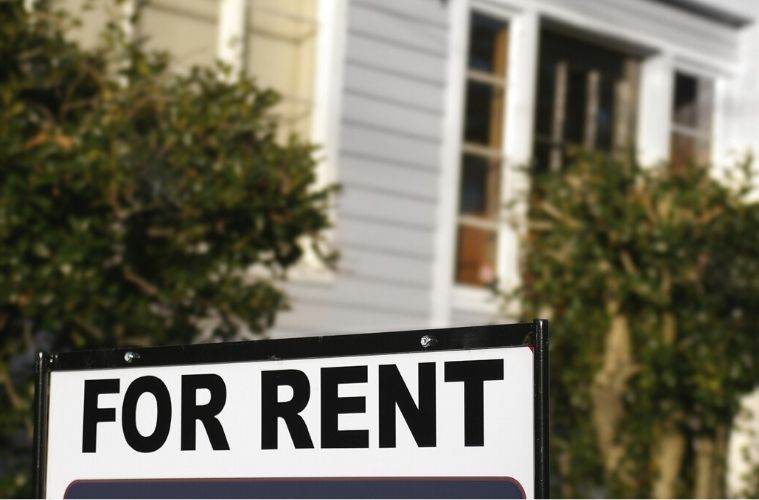When you’re working a regular full-time job, there comes a time when you need to make extra income. Picking up a part-time job might not fit in your free time, so what are some valuable ways to make passive income?
A job someone can take the time to learn and understand is becoming a landlord. It’s a great way to make passive income without sacrificing too much time out of their regular day. So here are a few beginners’ tips on becoming a local landlord.
Know Your Property All-Around
Before jumping into property ownership, you must take time to research your rental market and the costs of owning an additional home. Try consulting with a real estate attorney to grasp landlord-tenant laws and rights to confirm you comply with all regulations.
Additionally, one of the best tips when buying a rental property is calculating costs. You need to cover monthly mortgage payments, maintenance and repairs, insurance, and so much more. Luckily, you’ll become eligible for specific tax cuts, like deducting interest payments on your rental property mortgage.
Run Background Checks
After obtaining your rental property, make sure it’s a livable space and take care of maintenance. Once you find a potential tenant, one of the best beginners’ tips on becoming a local landlord is to run background checks and credit checks. They’re some of the best ways to learn if an applicant is financially responsible.
You want to look out for potential red flags, like outstanding debt, undue payments, bankruptcy filing, and prior evictions in their history. Viewing their financial and background history is vital for knowing if a tenant will pay rent on time, is free of any previous criminal activity, and will treat the property respectfully.
Keep Records of Everything
Even before you pick your tenant, make sure you stay on top of the necessary paperwork. You need to keep it organized and refer to documents you need to prove to the county, state, and residency without hesitation.
As a landlord, you should also keep records of everything from your tenant: deposit receipts, rent receipts, maintenance receipts, and a record of all landlord-tenant communication. Thankfully, it can be stored digitally and located with ease in case of any mishaps.
Being a landlord is a lot of work. But if it works with your life schedule, then you shouldn’t have any issues. You’ll do great, and your tenants will thank you.

